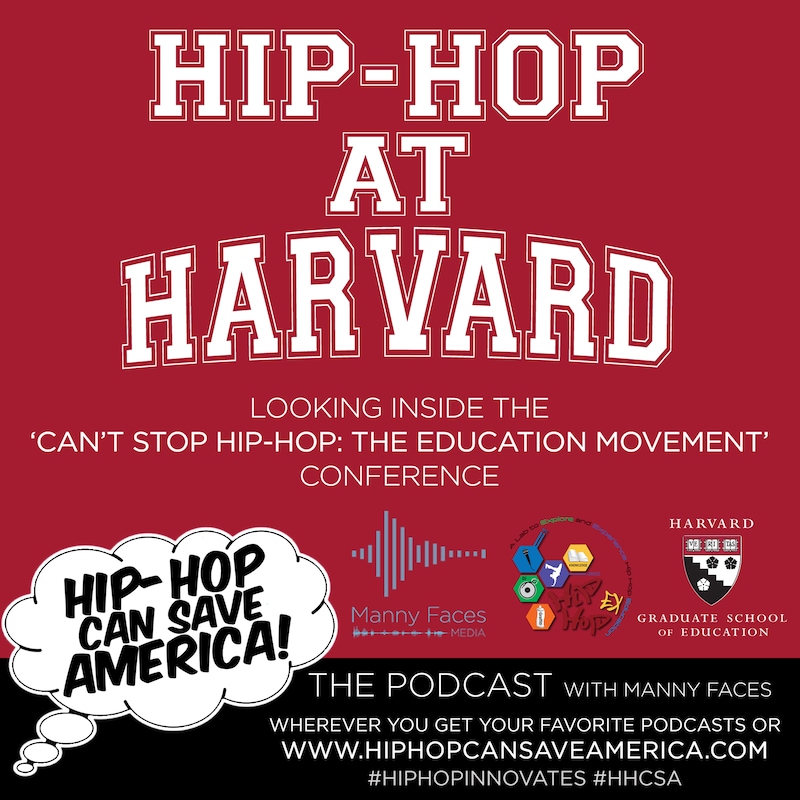Shownotes
Few would disagree that the education system in America could use some tweaking. Maybe large-scale reform. Perhaps even a complete overhaul. Educational output across most metrics fall short of where we probably want to be as a nation, and in some aspects -- particularly with poorer populations and especially communities of color, the outlook is even more discouraging. 2020’s COVID-19 pandemic further exposed flaws in many social systems including education that dramatically exacerbated these issues.
Luckily, there are exceptional people who study education -- whose job it is to examine and measure the effectiveness of educators and educational systems in the country. They conduct research, they develop ideas, they train other teachers.
Over the past few years, many of them point to a powerful tool that has long been shown to increase capabilities of students across all grade levels and demographics, and particularly among those traditionally underrepresented groups. And while we’re still waiting to see how potentially drastic changes to the educational system as a whole will play out, this tool remains as potent as before -- perhaps more than ever.
In April, 2019, as it had been doing for the previous two years, that tool was on full, glorious display at the Harvard Graduate School of Education, in a day-long exploration and celebration of Hip-Hop based Education attended by education professionals and students from all levels ...
It exemplified the incredible potential that sits at the intersection of education and the arts, particularly the undisputed youth culture champion of the world. Hip-hop.



